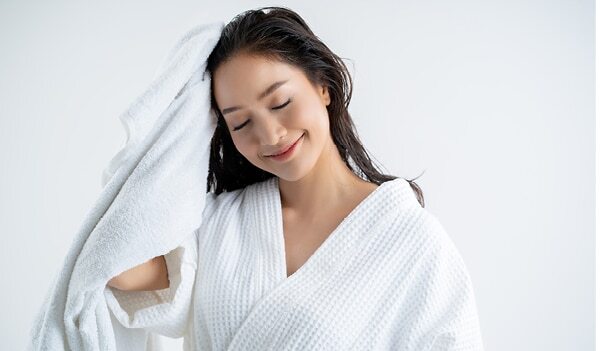Washing your hair is perhaps one of the most basic things you can do when it comes to hair care, but shampooing isn't as easy as it sounds. There are a bunch of questions that come along with regular shampooing, including how often you should wash your hair, if you should ditch the shampoo and adopt the 'no poo' movement, and how you should shampoo your hair in the first place. Luckily, we're here to answer them all for you. Ahead, we're giving you a definitive guide on hair washing that will resolve all your burning questions, and hopefully, give you a gorgeous-looking mane in the process. Read on...
Natural Argan Oil & Lavender Sulfate Free Anti-Frizz Shampoo - 400ml
₹658
₹658
SHOP NOW





